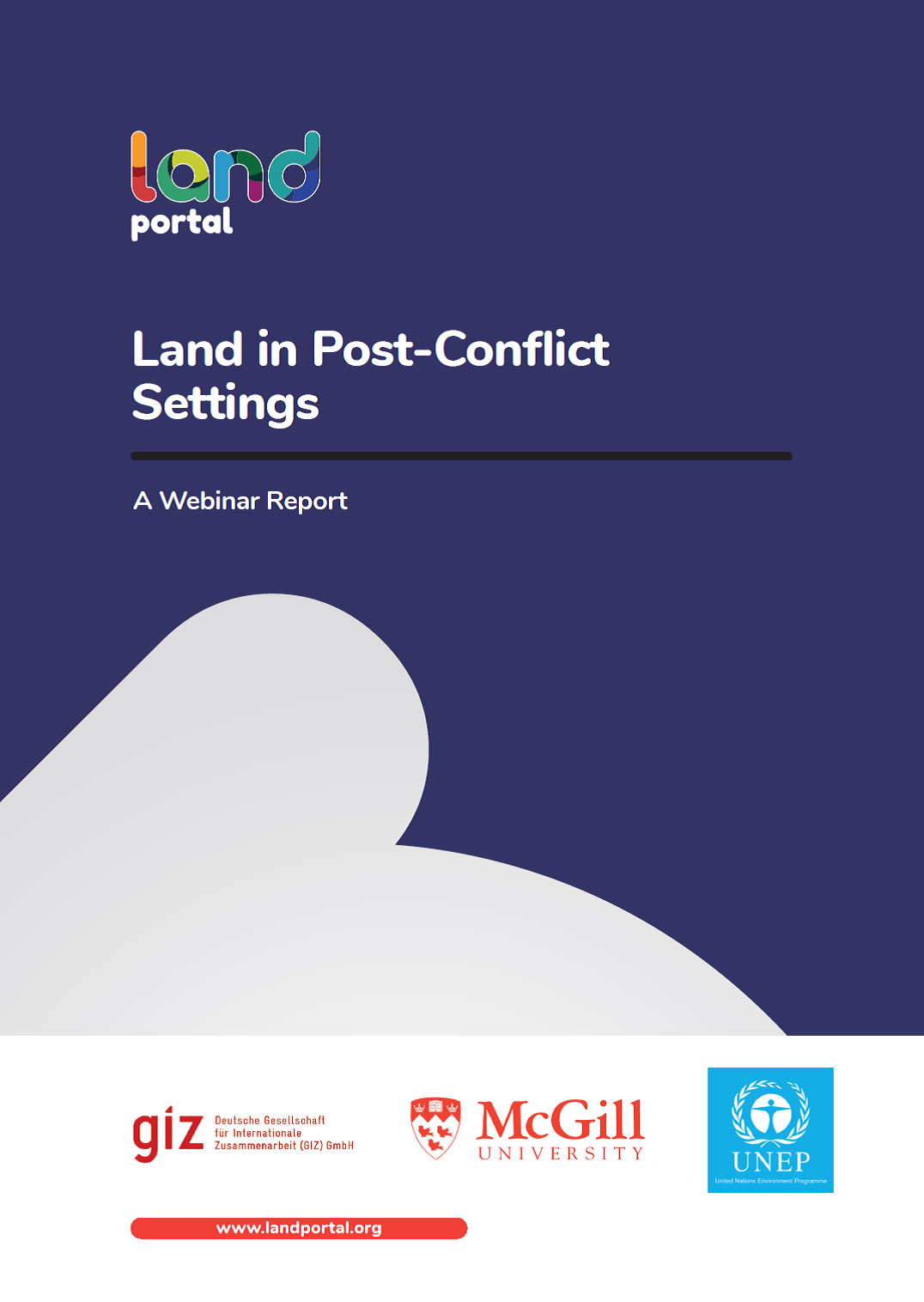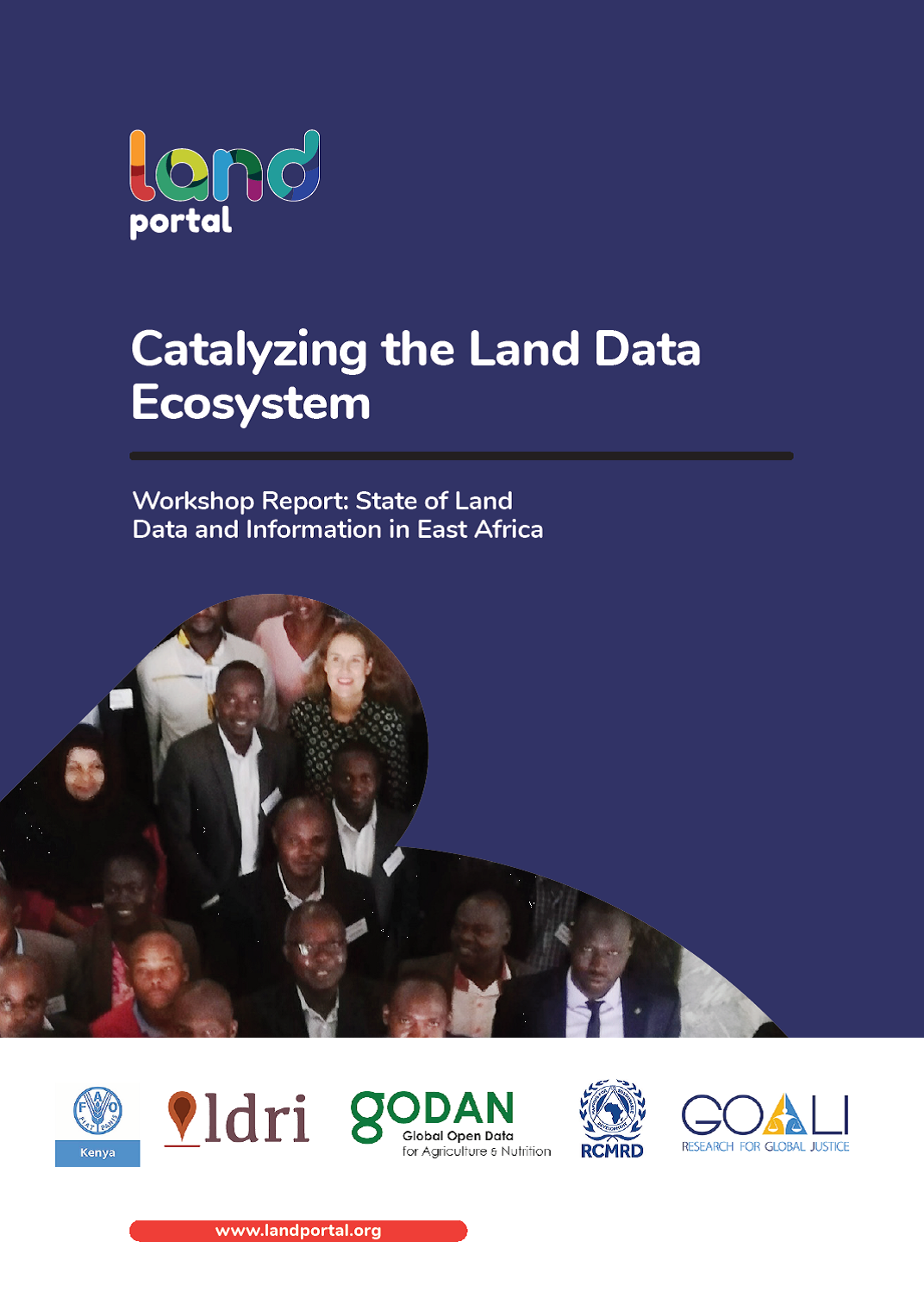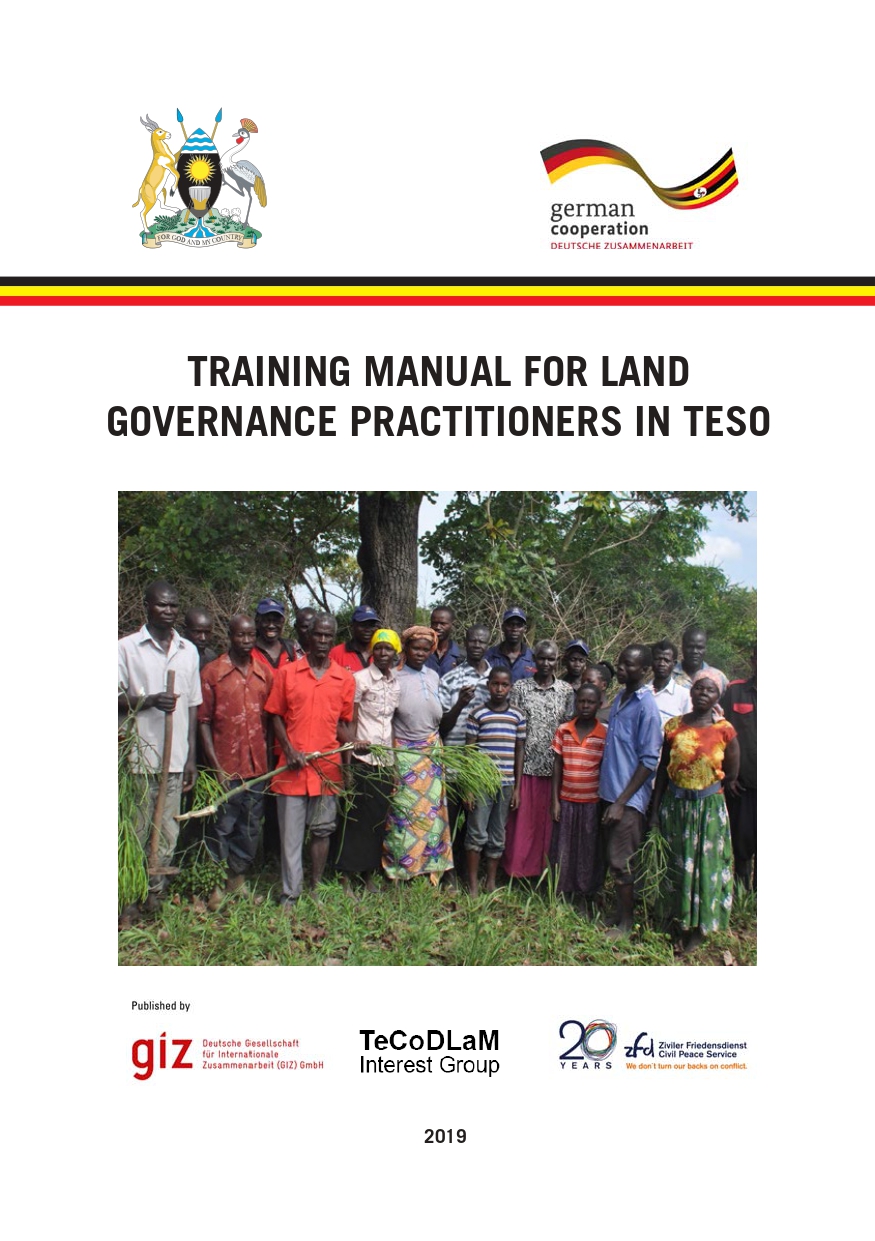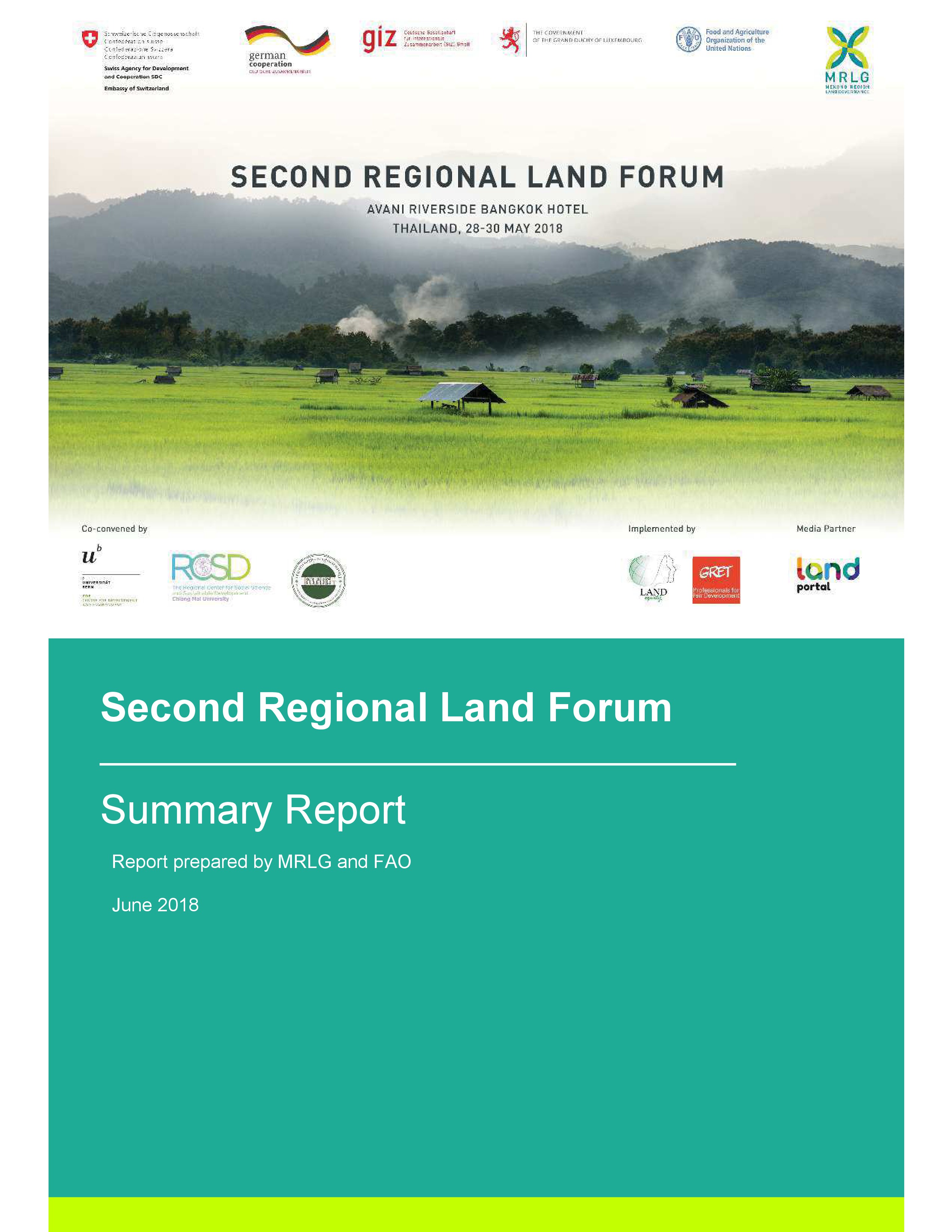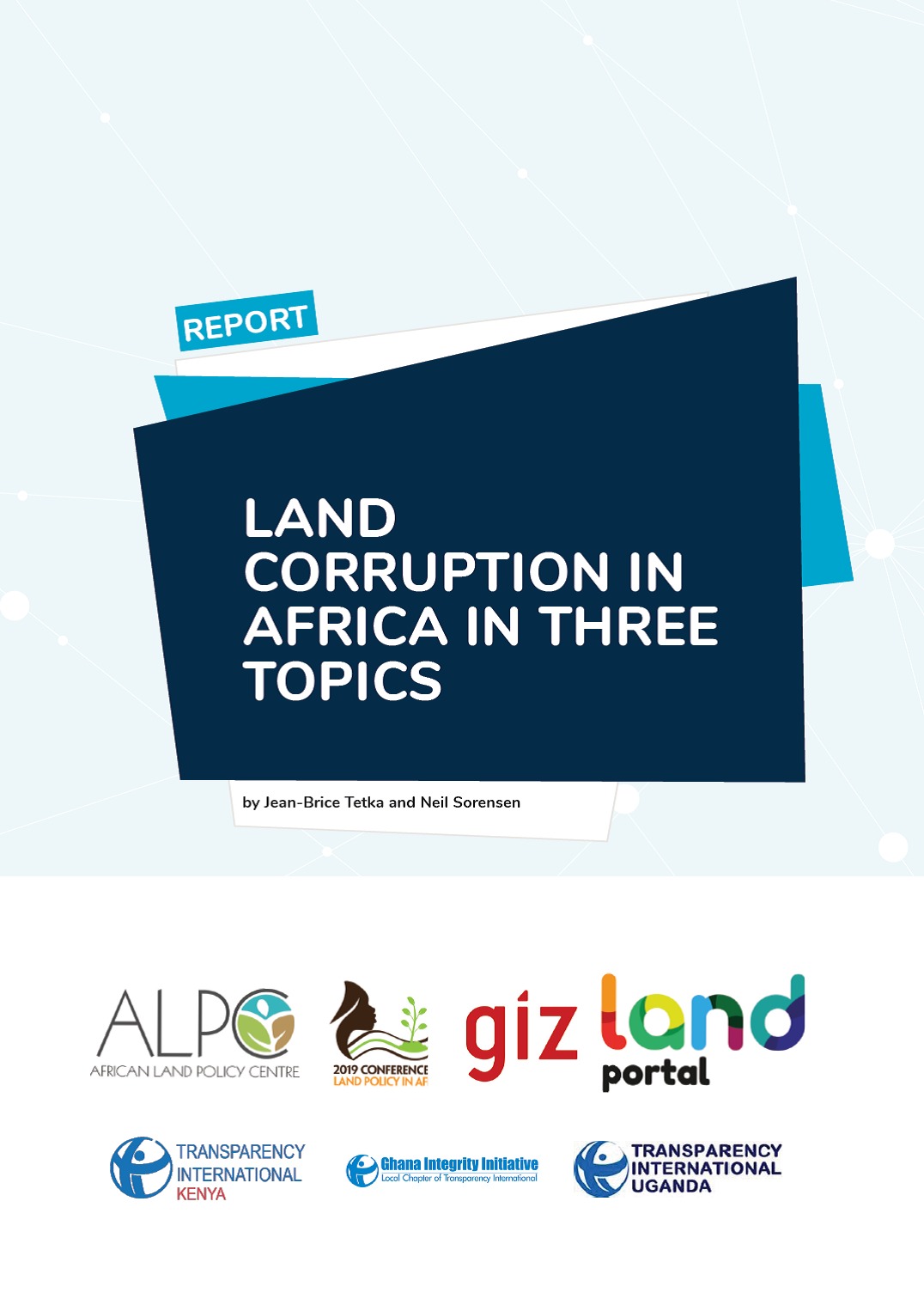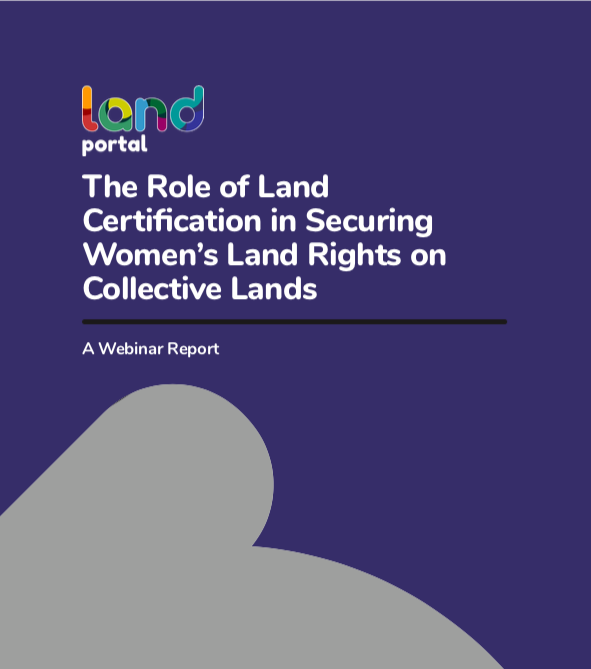Function and changes of the open access resources in rural Bangladesh
Bangladesh is located on a huge delta, an area of high population density. The study investigates the situation of commonly used resources in rural Bangladesh, with case studies in two villages in different hydrological situations. In rural Bangladesh, most land is owned privately or by the government, and the common properties are very few. Instead, swamps were open to local communities and anyone has access to it.


